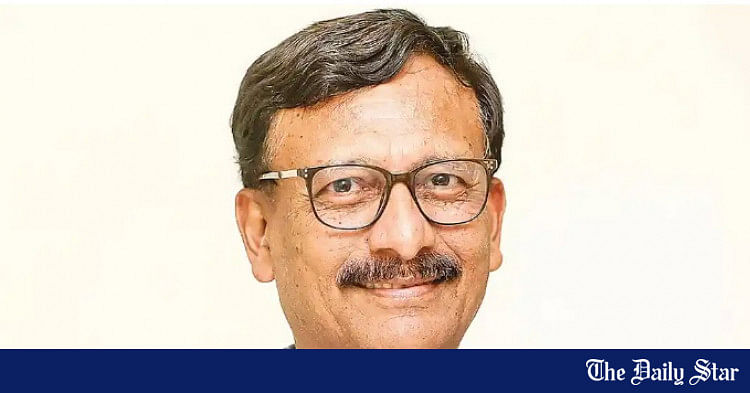Dhaka needs to strike a balance in its perusal of relations with India, China, and the US, because Bangladesh has interests to protect and is not a major player in the global arena, Foreign Adviser Touhid Hossain said yesterday.
Despite tensions India maintains trade relations with China and the US, he said in his address to a national dialogue organised by the Forum for Bangladesh Studies at the Krishibid Institute Bangladesh in the capital.
This is why Bangladesh needs to maintain good relations with all three countries, he said.
In the past, the interests of a particular group, especially the interests of the group’s leader, have been given priority over the interests of the state, he said.
“For political parties, staying in or attaining power becomes paramount. As a result, they often deviate from the fundamental principles. It then becomes the responsibility of the general public to ensure that such deviations do not occur.
“When the interests of the people are prioritised in a democratic society, safeguarding the interests of the state becomes easier.”
While discussing the Rohingya crisis, he referred to a recent meeting in Bangkok, saying, “I told them in no uncertain terms that peace and order will not be possible in Myanmar, and consequently in the region, unless the Rohingyas lodged in Bangladesh can return to their homes with security and rights.”
Former ambassador M Humayun Kabir said, “The foreign policy of this country has become regime-centric. Whenever a party takes charge, they formulate the policy in the interest of staying in power. This is why we have not been able to establish a consistent foreign policy.”
BNP leader Amir Khasru Mahmud Chowdhury said, “We need to develop a national security architecture to address our security concerns.
“In addition, it is essential to define the role of our intelligence agencies. We must move away from practices like keeping citizens under constant surveillance or labelling individuals as fundamentalists and victimising them without justification.
“We need to rethink our approach to Myanmar and review our policies. Our army should be equipped and prepared for the 21st-century battlefield.”
Obaidul Haque, associate professor of international relations at Dhaka University, said a National Security Council was necessary.
Ganosamhati Andolon leader Zonayed Saki said that Bangladesh’s foreign policy over the past 15 years has been a policy focused on protecting the regime. National security was not a priority.
“What is needed is a policy that focuses on safeguarding security. Without building internal political unity, we will not be able to protect national interests and security.”
Arif Sohel, member secretary of the Student Against Discrimination, said that staying under the shelter of great powers was Awami League’s habit. “Our stance is clear: we will remain independent for as long as we live. We must curb religious extremism and protect our borders. These will become crucial in the days ahead.”
Akhter Hossain, member secretary of the Jatiya Nagorik Committee, said that Bangladesh’s interests used to be overlooked in favour of India’s. “We demand that the agreements made with India in the past be disclosed. We want to see whether these agreements have protected Bangladesh’s interests.”
Former State Minister for Education ANM Ehsanul Haque Milon, Lt. Col. (retd) Didarul Alam, and Tahsin Riaz, of the Jatiya Nagorik Committee, also spoke at the programme moderated by Shafqat Munir.


